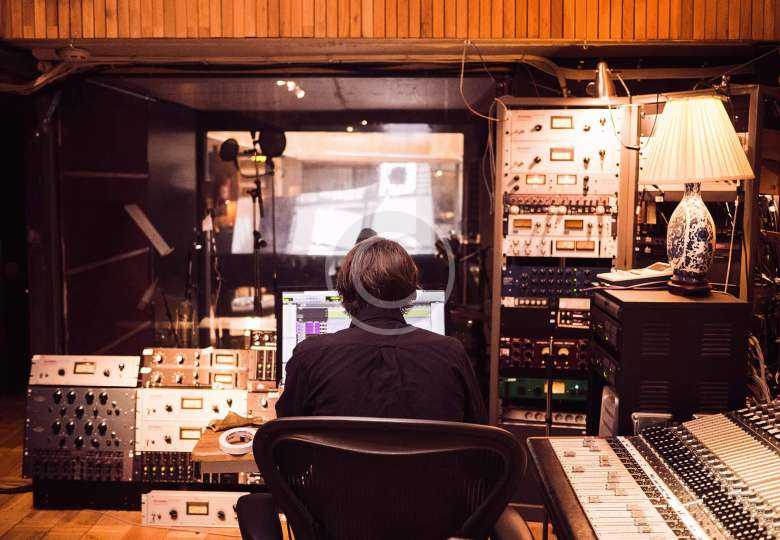So, you’ve decided to turn your passion for music into a full-time career, and you’re eager to connect with mentors in the music industry. However, finding the right mentor isn’t as simple as sending an email request. In this blog post, we’ll explore the journey of one aspiring musician, Ian, who reached out to Adam Ivy, a seasoned professional in the music industry. We’ll delve into the principles of seeking mentorship, share valuable insights, and provide guidance on how to take actionable steps toward your goals.
Understanding the Urge for Mentorship:
Ian, a 17-year-old aspiring musician, sent an email to Adam Ivy expressing his desire for one-on-one mentorship. His request highlighted a common trend among many budding artists who often seek guidance before taking substantial action. While mentorship is a crucial aspect of personal and professional development, it’s essential to recognize when the time is right to seek it.
The Importance of Action
Adam Ivy emphasizes the importance of taking action before seeking mentorship. Consuming information and studying the industry are valuable steps, but they should be followed by practical application. The distinction between consuming and creating is crucial. To truly progress, aspiring musicians must start creating and implementing what they’ve learned.
Adam shares his personal experience, revealing that he didn’t start making music until the age of 21. This anecdote serves as a reminder that everyone has their own unique journey, and success doesn’t happen overnight. Taking action and honing your craft are prerequisites for effective mentorship.
When to Seek Mentorship?
Adam Ivy provides clear guidance on when to seek mentorship. It’s crucial to have a foundational understanding of your craft and a portfolio or tangible evidence of your efforts. Seeking mentorship prematurely without a clear direction or demonstrated commitment can hinder your progress. Mentorship becomes most beneficial when you’ve reached a point where your personal efforts have taken you as far as possible.
Actionable Steps:
- Start Creating: Don’t get caught up in the cycle of perpetual learning. Apply your knowledge by creating music, producing content, and building your brand.
- Set Goals: Clearly define your goals in the music industry. Whether it’s selling beats online, gaining visibility on SoundCloud, or pursuing commercial placements, having specific objectives will guide your actions.
- Build a Portfolio: Before reaching out to potential mentors, showcase your work. Develop a portfolio that reflects your skills, ambition, and dedication to your craft.
- Reach Out Strategically: When seeking mentorship, approach individuals who are a step or two ahead of you. Tailor your requests based on your specific goals and align them with the mentor’s expertise.
Conclusion:
Finding a mentor in the music industry is a valuable endeavor, but it requires careful consideration and strategic action. Ian’s journey serves as a reminder that mentorship is most effective when coupled with personal effort and a genuine commitment to growth. By following these principles and taking actionable steps, aspiring musicians can pave the way for a successful career in the ever-evolving world of music.




